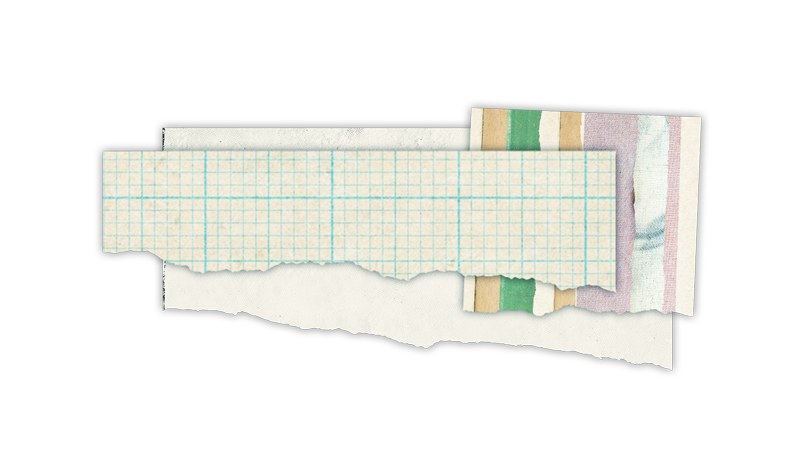Let me first start with a personal anecdote. I recently made a repair on our garden shed. We (my wife and three boys) live in an eighty-year-old Dutch colonial, it has its fair share of upkeep. I have done things like refurbishing the hardwood floors (previously covered in carpet!) replacing light fixtures and general paint and light plumbing. Needless to say, I am no expert on DIY home repair.
Back to the garden shed, this was a bigger job. It was an inherited problem from the previous owners, which I had put off for the eight years we have lived in our home. A leak in the roof had caused dry rot in the wall of the shed. It had gotten so bad that the wall was almost completely gone. Only covered by a layer of vinyl siding on the outside not original to the shed. The support beams were crumbling, and the rot had spread to the floor of the shed, which would also need to be replaced.
When I would look at the massive rotting hole in the wall, it seemed so daunting that I always found something else to do/fix before tackling the project. It had been on my to-do list for a while and it was becoming a safety hazard. So I swallowed my apprehension and set aside time on the weekend to get started. After a lot of measuring, creating a list of supplies, and watching many YouTube videos, I headed to Home Depot.
Loaded up with wood, screws, and two new power saws, I finally made the first cut to remove the rot. Cutting out all of the rotting wood was such a satisfying experience. Replacing the wall, support beams and floor with new wood felt even better. There is no better feeling than finishing a big project and accomplishing your goals.
My wife has an idiom for when something seems too large and unmanageable. She likes to say “How do you eat an elephant?” and the punchline “One bite at a time.” This analogy while slightly taboo — my wife and I are both vegetarians — sums up how to approach any task and make progress while not becoming overwhelmed. You must plan and develop a good working routine in order to achieve your goal.
When approaching a big task, the steps to achieve it are relatively consistent no matter what the project is. It all starts with simply starting. (Groundbreaking I know.) Sometimes the biggest hurdle we face is the first one we encounter, to start what we have thought about doing.
This is an incredibly easy step to overlook and even easier to put off. Think about it, how many times have you told yourself that you would get to it tomorrow, or maybe in a week. Only to end up getting discouraged or forgetting about it. When we put something off we run the risk of losing it altogether.
Some of our most brilliant projects, ideas, and art are at risk of being lost to the ether, if not acted on immediately. So instead of putting it off, I suggest doing the bare minimum, the absolute smallest thing you can do to start. The simple act of taking immediate action to start the task will trick your brain into the mindset set that you have accomplished far more.
Once you have started your project develop a daily routine to continue working on your project. Make sure it is manageable enough that you can come back to it every single day. It is best to work on your project little by little each day and develop consistency, this will lead to more mindful work and help you build a habit and workflow to accomplish your goals.
Here are a few things you can do to jumpstart your workflow and boost your productivity.
Work in small increments.
Little tasks add up big to boost your productivity. Doing small tasks and completing them will give you a sense of fulfillment which will continue to pay dividends as you work through your project.
Plan ahead.
Planning and proper organization are critical to completing large projects. Define your goals from the start. Write them down, and come back to them often. It is easier to work towards and accomplish your goals if they are clearly defined.
Track your progress.
Tracking your progress can help you maintain momentum. It is easy to get discouraged when working on a large project if it feels like you are not making any progress. Tracking your progress can give you motivation, by rewarding you for reaching milestones.
Evaluate success.
Determine what success looks like for your project. This is an important step because success can be different for everyone. Define what it means to you and work until you reach it. Once you reach it redefine it and create another goal to push towards.
Make it a habit.
Form a habit of making time to work on your project. Making a habit of choosing to work on your project every day is the easiest way to make progress to accomplishing your goal.
Thanks for reading!
Nathan








I'm going to start right now on a big project. Thanks for the nudge and the tips!